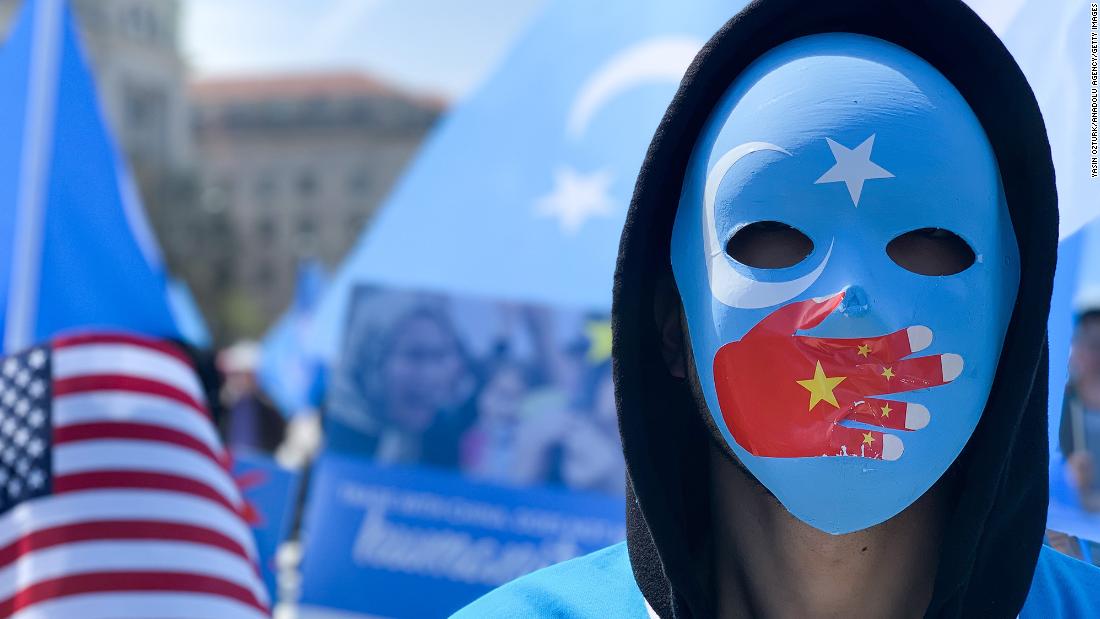
“They targeted activists, journalists and dissidents among Uyghurs and other Muslim minorities from Xinjiang in China, who mainly lived abroad in Turkey, Kazakhstan, the United States and other countries,” Facebook said in a Wednesday following its findings on the cyber-espionage campaign. .
“This group used fake Facebook accounts to create fictional personas posing as journalists, students, human rights activists or members of the Uyghur community to build trust in the people they attacked and trick them into clicking malicious links” , the company said.
The US State Department has previously estimated that as many as 2 million Uyghurs, as well as members of other Muslim minorities, have been held in internment camps in the region.
The hacking groups found to be behind the latest campaign are known in the cybersecurity industry as “Evil Eye” and “Earth Empusa” and have been involved in previous espionage campaigns, according to Facebook.
Facebook and other social media platforms have been widely criticized for allowing Russian trolls to impersonate Americans online in the run-up to the 2016 election. Since then, Facebook has publicly sued some governments and other entities that it believes are using their platform for nefarious purposes .